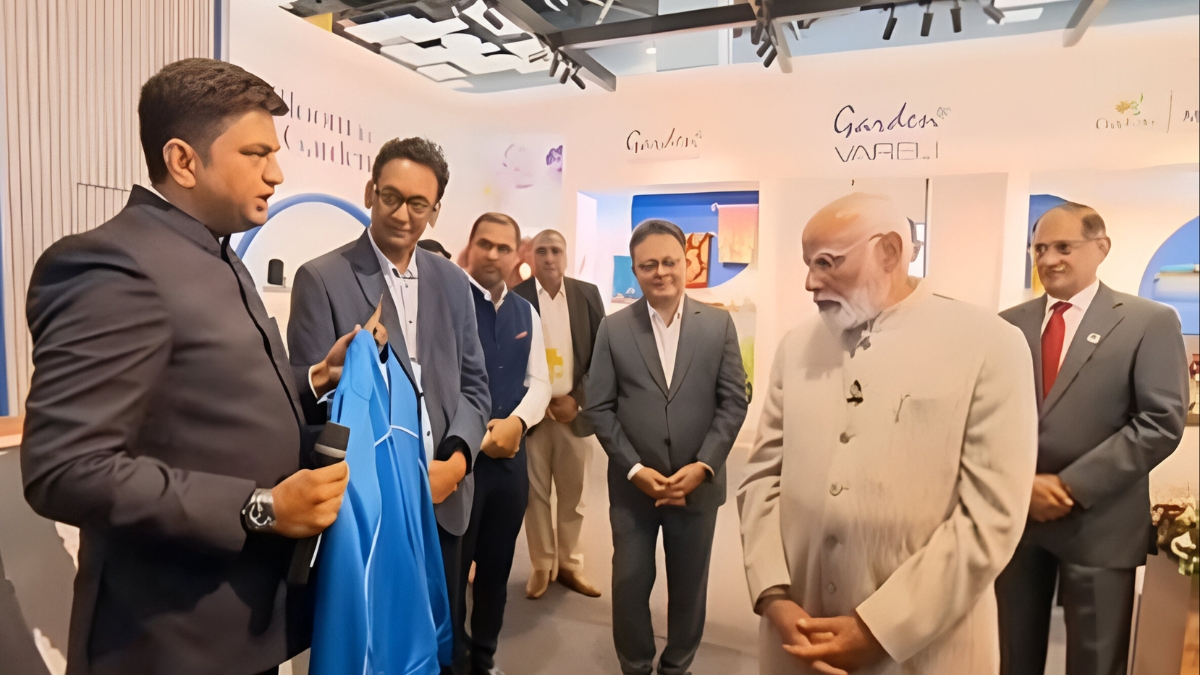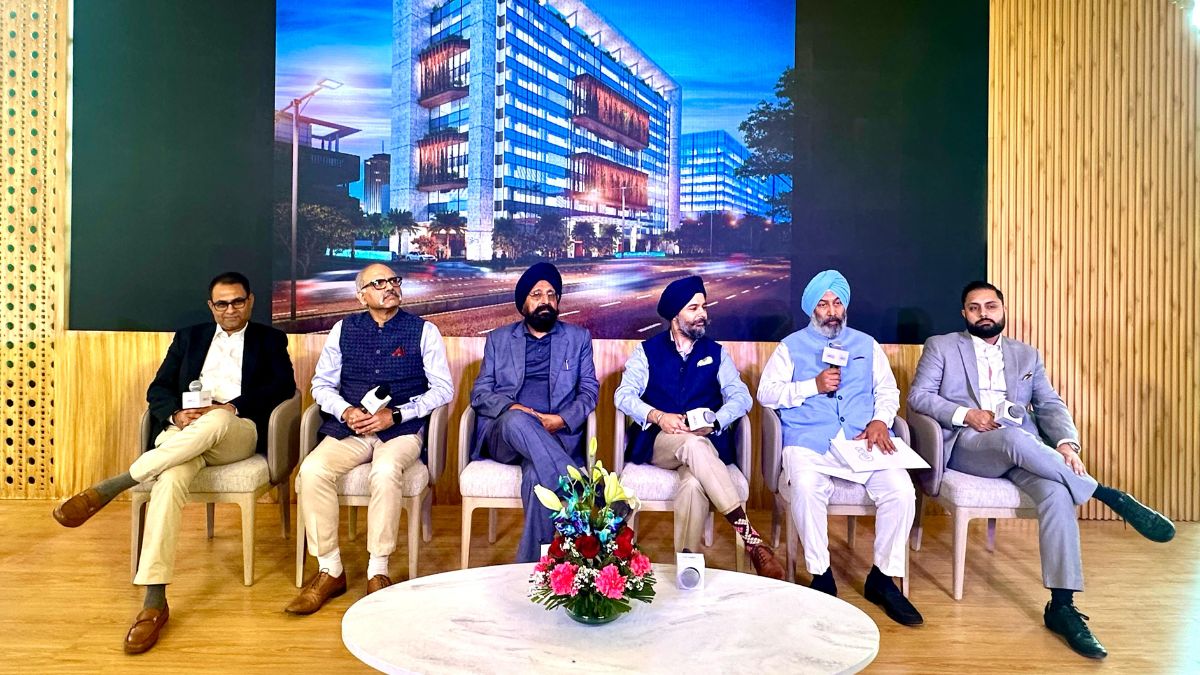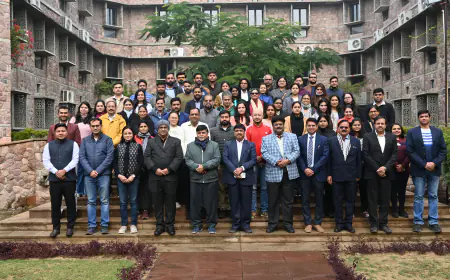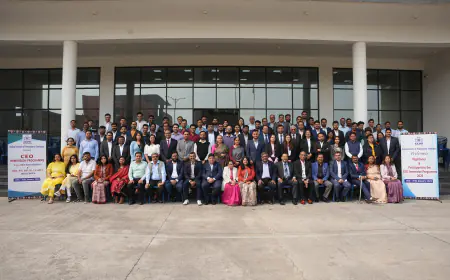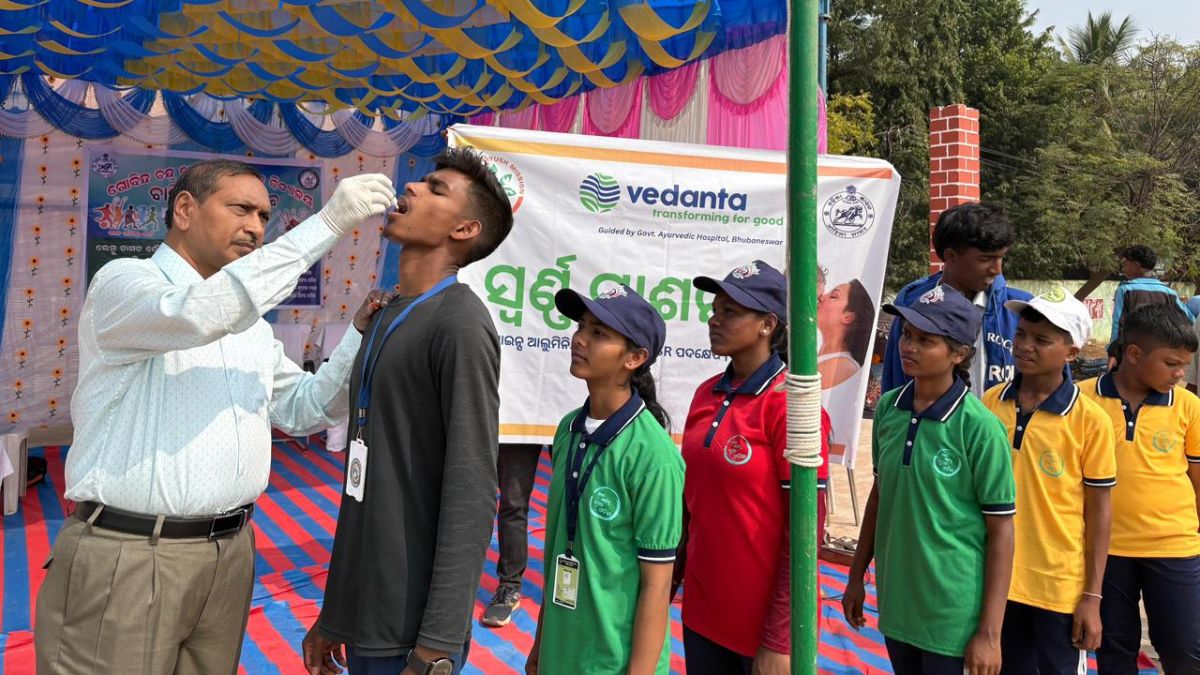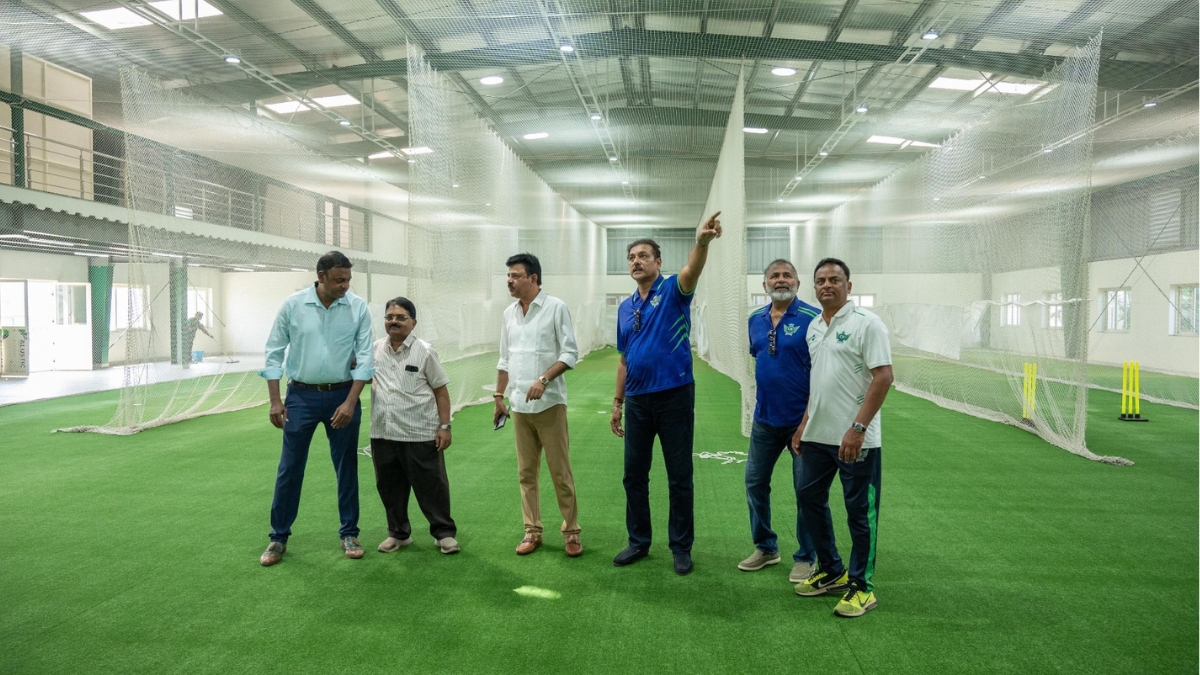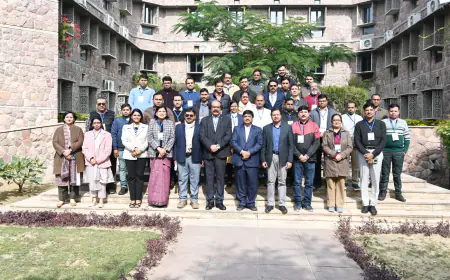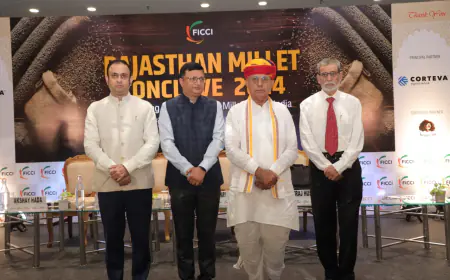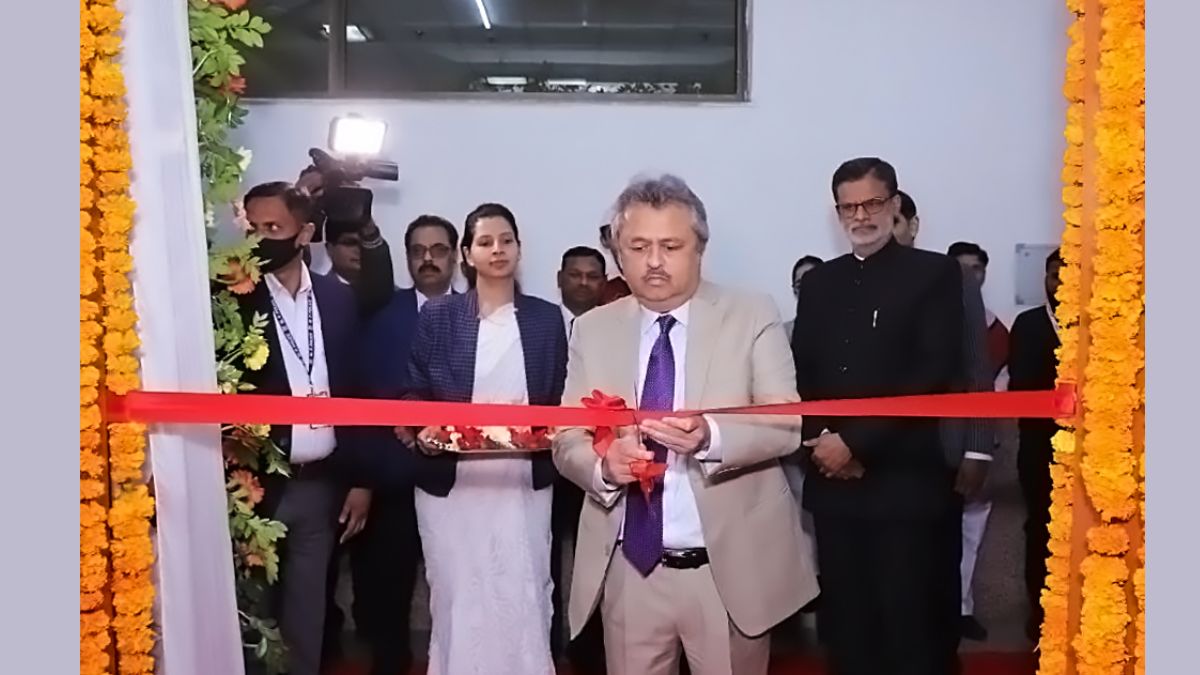On the eve of World Cancer Day, Global Healthcare Advisor Vijay Dhawangale shares his views on awareness in the fight against cancer
Vijay Dhawangale, a global healthcare advisor, offers his thoughts on raising awareness against cancer Mumbai (Maharashtra) [India], February 3: World Cancer Day is held every year on 4 February to raise worldwide awareness in the fight against cancer. The three most commonly occurring cancers in India are those of the breast, uterine cervix, and lip/oral cavity. Together, they […]


Vijay Dhawangale, a global healthcare advisor, offers his thoughts on raising awareness against cancer
Mumbai (Maharashtra) [India], February 3: World Cancer Day is held every year on 4 February to raise worldwide awareness in the fight against cancer. The three most commonly occurring cancers in India are those of the breast, uterine cervix, and lip/oral cavity. Together, they account for approximately 35% of all cancers in India and constitute a public health priority. Screening is effective in the prevention and early detection of Breast Cancer, Cervical Cancer, and Oral Cancer said Global Healthcare Advisor Vijay Dhawangale in a virtual conference held on the eve of World Cancer Day.
According to a paper published by the National Library of Medicine, In India, nearly 70% of the cancers; 40% of the preventable cancers are tobacco-related, 20% are infection-related, and 10% are due to other causes. Alcohol has been recognised as the second leading risk factor in India, strongly associated with gastrointestinal cancers. The human papillomavirus (HPV) and hepatitis B virus, which cause cervical and liver cancer, respectively, have vaccines. Overall, around 20% of all cancers may be attributable to diet and related factors including obesity. Despite this, more than 80% of the people with cancer present to the facilities at advanced stages. Therefore, it is imperative that cancer prevention should be made an integral part of the health interventions and should be rapidly extended to primary healthcare services and facilities said Dhawangale.
According to Vijay Dhawangale, there is a need to generate awareness among the general population and train healthcare professionals in diagnosing cancers at an earlier stage. This can only be achieved by integrating cancer care services in the primary healthcare system as it is usually the first point of contact of the diseased individual with the health system. Our experience with COVID-19 has shown us what we can do when we all unite against a common threat.
While addressing the members of the Global Association of Government Service Providers, he explained the common diagnosis for cancer such as
Physical Examination: Your doctor may feel areas of your body for lumps that may indicate cancer. During a physical exam, your doctor may look for abnormalities, such as changes in skin color or enlargement of an organ, that may indicate the presence of cancer.
Laboratory Tests: Laboratory tests, such as urine and blood tests, may help your doctor identify abnormalities that can be caused by cancer. For instance, in people with leukemia, a common blood test called complete blood count may reveal an unusual number or type of white blood cells.
Imaging Tests: Imaging tests allow your doctor to examine your bones and internal organs in a non-invasive way. Imaging tests used in diagnosing cancer may include a computerized tomography (CT) scan, bone scan, magnetic resonance imaging (MRI), positron emission tomography (PET) scan, ultrasound, and X-ray, among others.
Biopsy: During a biopsy, your doctor collects a sample of cells for testing in the laboratory. There are several ways of collecting a sample. Which biopsy procedure is right for you depends on your type of cancer and its location. In most situations, a biopsy is the only way to definitively diagnose cancer.
Chronic infections commonly caused by viruses are estimated to cause approximately 16% of all cancers globally. Some of the most common forms of cancers such as liver, cervical and stomach cancers are associated with infections with the hepatitis B virus (HBV), the human papillomavirus (HPV), and the bacterium Helicobacter pylori virus (H, pylori), respectively. Today, there are safe and effective vaccines against HBV and HPV, which can help to protect against infection-related cancers of liver and cervical cancers.
Most of India’s population lives in rural areas, for effective cancer prevention, integration of cancer care services in the primary healthcare system is the most appropriate strategy in the Indian context. Not every type of cancer is preventable, but we do know we can prevent many cancers through lifestyle choices alone. According to the World Health Organization, at least one-third of common cancers are preventable through a healthy diet, maintaining a healthy weight, and being physically active. said, Vijay.
Who is Vijay Dhawangale
Vijay Dhawangale is a philanthropist, mentor, successful entrepreneur, venture capitalist, and global healthcare advisor. Passionate about giving back to his community and the world, he is active in many local and global organizations. His model of Preventive Diagnostics Programs around the world involves deeper strategies for local and state-level implementation. The initiative provides a package of essential diagnostic services free of cost across all public health facilities using innovative, low-cost technology. He is particularly vocal about access to quality healthcare for all.
If you have any objection to this press release content, kindly contact pr.error.rectification[at]gmail.com to notify us. We will respond and rectify the situation in the next 24 hours.











